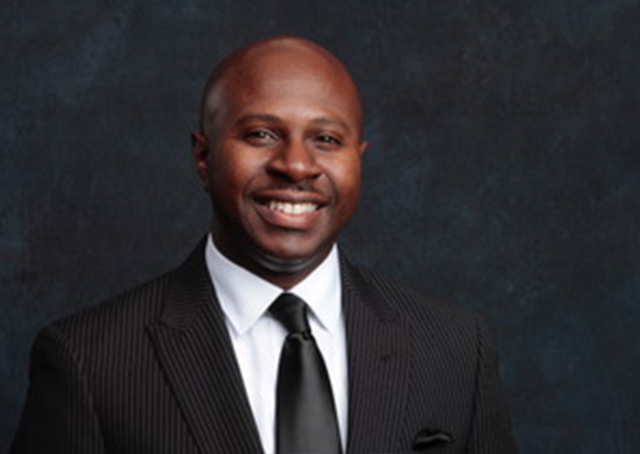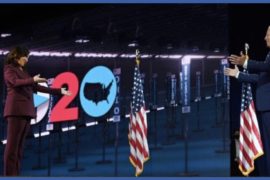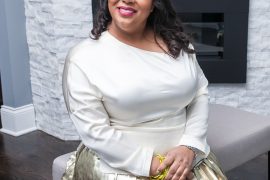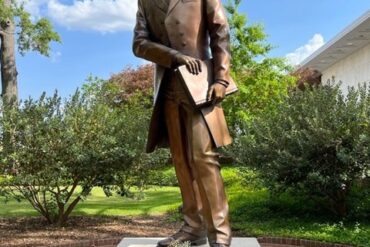Rev. Brian E. Smith is the Director of Strategic Partnerships at Chicago Theological Seminary and pastor of the North Shore Faith Community Church. He is a member of Alpha Phi Alpha Incorporated.
Smith has initiated a podcast series that is an oral history of Chicago’s civil rights movement started by Rev. Jesse Jackson from the time he came to Chicago as a student to attend Chicago Theological Seminary as a seminarian.
N’DIGO: How did the Rev. Jesse Jackson Oral History Archive Project come about?
Brian Smith: This project is a culmination of years of work to recognize Jackson’s legacy in Chicago. His work as a community organizer and with Dr. King’s Southern Christian Leadership Conference (SCLC) began at Chicago Theological Seminary.
At the start of my tenure working with CTS, I was approached by a staffer from PUSH, Cassius Rudolph. He approached me with the idea of preserving Jackson’s legacy at CTS. Rudolph was the National Field Director of PUSH in 2019. We began a conversation to build and preserve a legacy. After we engaged in serious conversation, he connected me with Jackson’s youngest son, Yusef Jackson, and the discussion began to preserve the archival work of Jackson. We developed a serious proposal for the work to begin. This occurred in 2019. We want to develop an institute in Jackson’s name. COVID-19 hit, and our activities were delayed. We then started a Jackson symposium. We assembled individuals who became a part of the podcast project. The symposium was done online. We invited David Wallace and Otis Moss Sr., and the symposium gave birth to the podcast. We wanted to talk about the formation of Breadbasket. This happened on Juneteenth 2020.
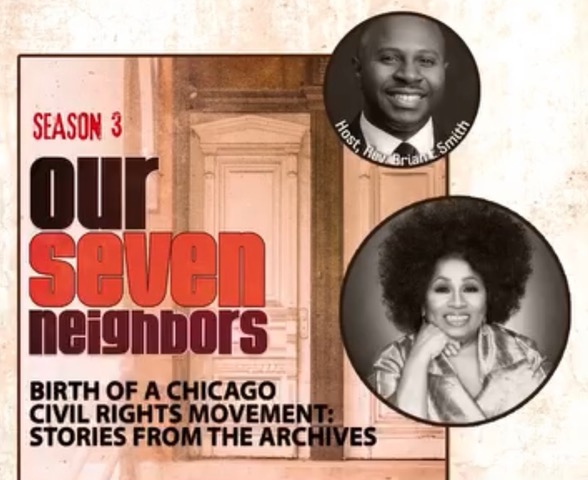
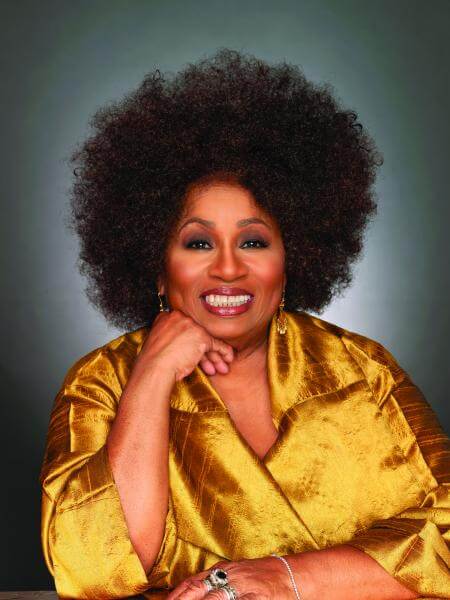
Tell me about the podcast.
We had interest from The Donnelley Foundation. A grant proposal was developed for the archive project. The podcast includes early activists who were a part of Breadbasket or worked closely with Jackson for an extensive period. The podcast is a starting point for the general archive project. There are six primary interviews. Those interviews are coupled with contemporary leaders. We provide a bridge between the past and the present.
The first interview opens with Mrs. Betty Massoni and Mrs. Jacqueline Jackson. They met at CTS in the dorm for married couples. The interview explains their initial meeting and the evolution of their relationship to the present. Betty is the wife of Gary Massoni, who passed before this project materialized, and she started and remained a special assistant to Jackson, working on special projects.
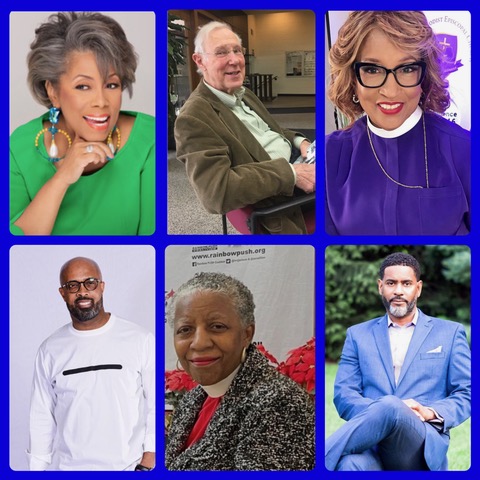
Who else is interviewed?
Hermene Hartman and Brandis Freeman with WTTW. Hartman represents the day of the Black Expo. Rev. Martin Deppe represents the historical voice of the Breadbasket movement; he is coupled with Jim Seidler as the contemporary voice. Seidler is an executive who works with minority vendors at Jewel Foods. Deppe negotiated the first covenant with the supermarket chain.
Rev. David Wallace is the historical voice, and Otis Moss III provides a contemporary voice. Wallace was Jesse’s first communication director.
Bishop Vashi McKenzie, the first female AME Bishop. She is coupled with Rev. Jeanette Wilson. This is the story of two daughters of the movement. Vashi integrated the private school district of Baltimore. She is female first in a male-dominated field. Jeanette is a long-term volunteer staffer beginning with Rev. Willie Barrow at Operation PUSH and currently is the Executive Director of PUSH-Excel.
We interviewed Rev. Jesse Jackson with reflections on his childhood, career activism, and origin with CTS. He is coupled with Dr. Freddie Haynes, who succeeds Rev. Jackson at Rainbow PUSH as President.
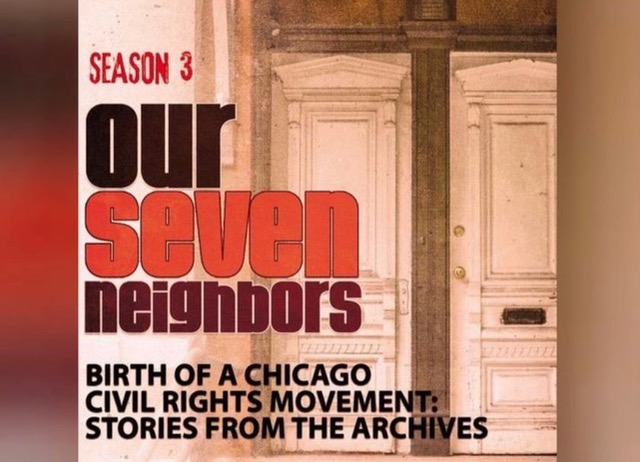
How is the podcast released?
The first podcast was released on September 23rd, and it will be every Tuesday for the next six weeks on Spotify’s Our Seven Neighbors. Click here: https://iri.ctschicago.edu/podcast/
Why is this project important?
We live in an age where people are dehistorized from the truth, particularly regarding Black history. Our history is being distorted and aborted. This attempts to bring together the voices of the people who made this history in real time. We have an amazing opportunity to learn from those who made a significant impact and brought forth change. We also want to utilize the information to train future leaders, particularly those in theological education. We want praxis.
What have you learned individually?
I learned that we have a greater capacity to do good and to live out the core principles of our teachings in ministry. For me, that is to embody the life of Jesus Christ, not only in what I preach and teach but in how I live.
How has this affected your teachings?
As a leader in theological education, this is an excellent opportunity to provide a factual case study for doing ministry in the public square. This feeds into the thread of my work with the Black Faith Leader Collective.
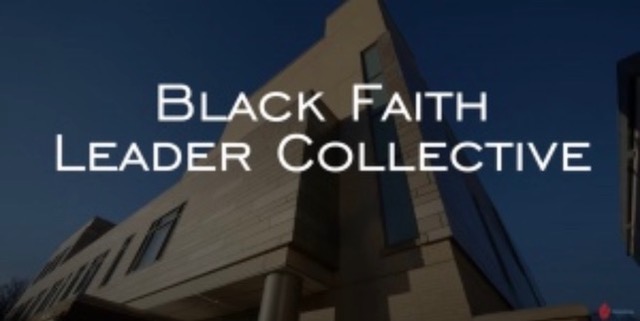
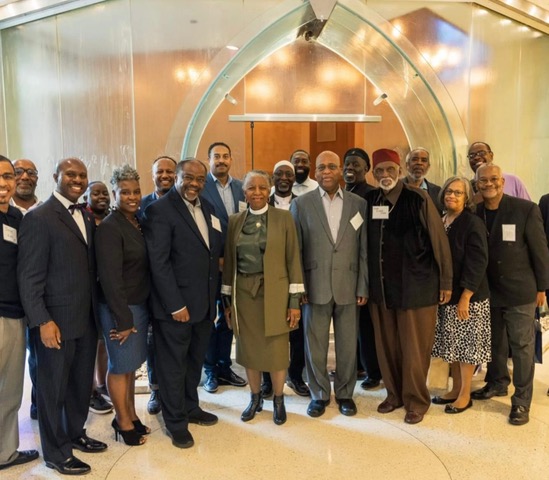
What is the Black Faith Leader Collective?
The Black Faith Leader Collective is a group of Black faith leaders serving primarily Chicago’s South and West sides. We formed in response to the pandemic and continued supporting each other in our practices and ministries. We are interfaith and comprised of Christians, Jews, and Muslims who serve the Black community.
What do you hope to accomplish with Black Faith Leaders?
Firstly, to function as a beloved community, demonstrating we have functioned as a comprehensive, unified group of leaders. Secondly, we want to channel our challenge to help our communities flourish. Thirdly, we want to care for each other to ensure we have what we need to lead others, i.e., good health, sound mind, and vibrant spirit.
How do you interface with the youth?
We are in the process of developing the local schools. The podcast is being actively distributed to middle schools, and we are connecting them with the seminary. The goal is to share the podcasts with as many schools as possible. The Chicago History Museum will do a public launch in February 2024.


